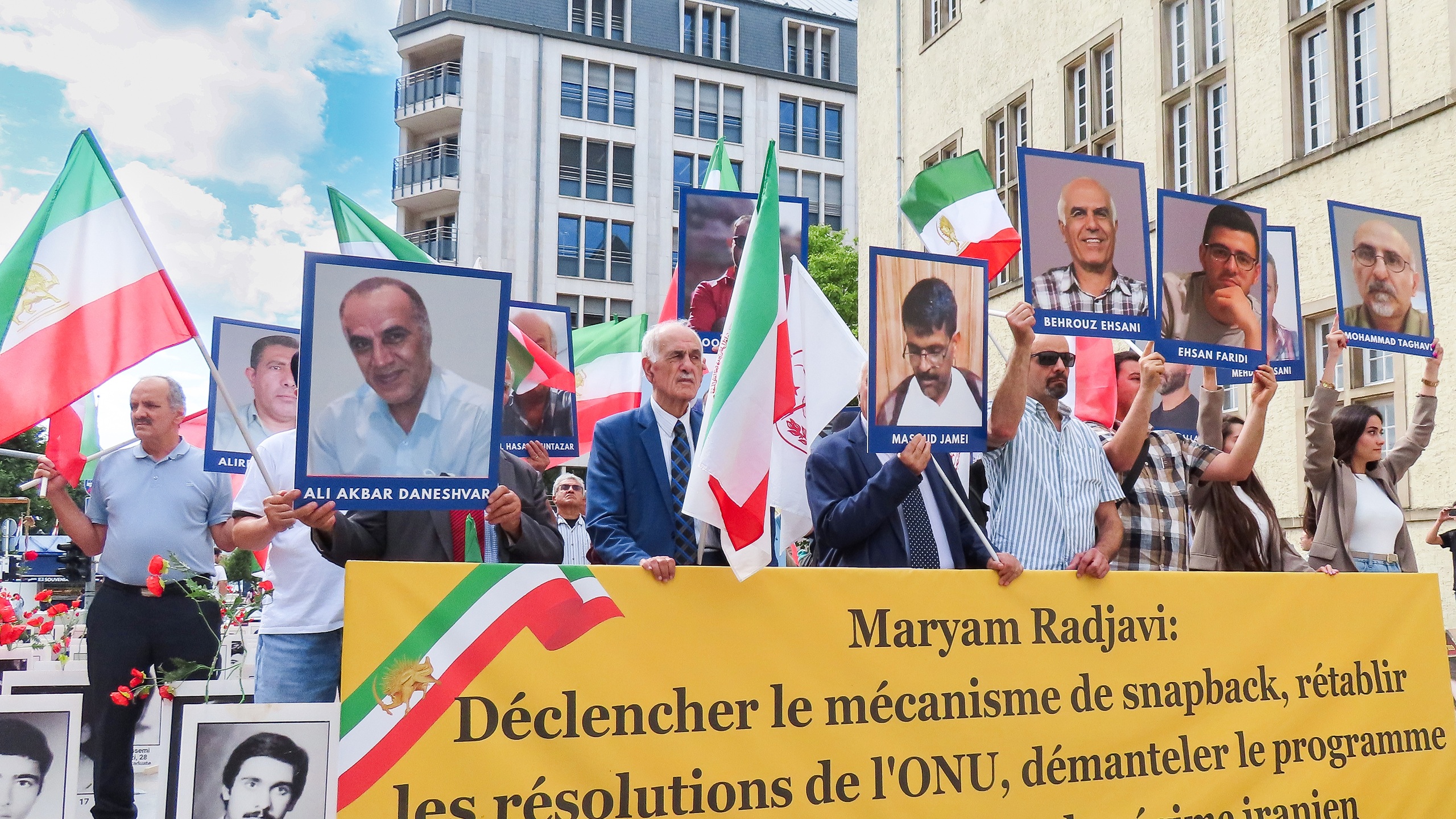‘A Regime That’s Cracking’: Activists See Fear Behind Iran’s Gulf Outreach
In Doha, reporter Jacob Wirtschafter tracks Iran’s two-front play: Charm Gulf capitals while tightening the screws at home. From a policy forum podium, Deputy Foreign Minister Saeed Khatibzadeh urged a “strong region,” as President Masoud Pezeshkian and Foreign Minister Abbas Araghchi worked the halls to rally states against Israel. The stagecraft comes after a June, 12-day exchange with Israel and the US that killed more than 1,000 people and included Tehran’s missile shot at Al Udeid Air Base in Qatar—intercepted, damage limited, message received.
Back inside Iran, rights groups describe mass arrests (police claim 21,000), secretive trials, and a spike in hangings—plus sweeping deportations of Afghans that UNHCR says reached up to 50,000 returns a day, nearing 2 million by September. Women’s advocates cite dire prison conditions at Qarchak and the squeeze on activism. Analysts say the pattern points less to confidence than to survival instinct: the ruling elite balancing hard-liners in the Revolutionary Guard against conservatives worried about legitimacy, with Pezeshkian trying to walk a line and Supreme Leader Ali Khamenei calling for “unity.”
This holiday season, give to:
Truth and understanding
The Media Line's intrepid correspondents are in Israel, Gaza, Lebanon, Syria and Pakistan providing first-person reporting.
They all said they cover it.
We see it.
We report with just one agenda: the truth.


The repression is offline and online. Scholar Ramesh Sepehrrad calls internet blackouts a “standard survival tool,” paired with executions to instill fear. Tech firms have flagged Iranian influence ops—Meta takedowns, Microsoft reporting on election-space activity, and OpenAI blocking a generative campaign—while APT42/“Charming Kitten” keeps phishing dissidents with AI-polished lures. In Washington, Rep. Tom McClintock’s House Resolution 166 throws rhetorical weight behind Iran’s democratic opposition.
The full piece lays out the missile signaling, Gulf diplomacy, cyber tactics, and street-level costs with granular detail—read Wirtschafter for the receipts and the stakes.

